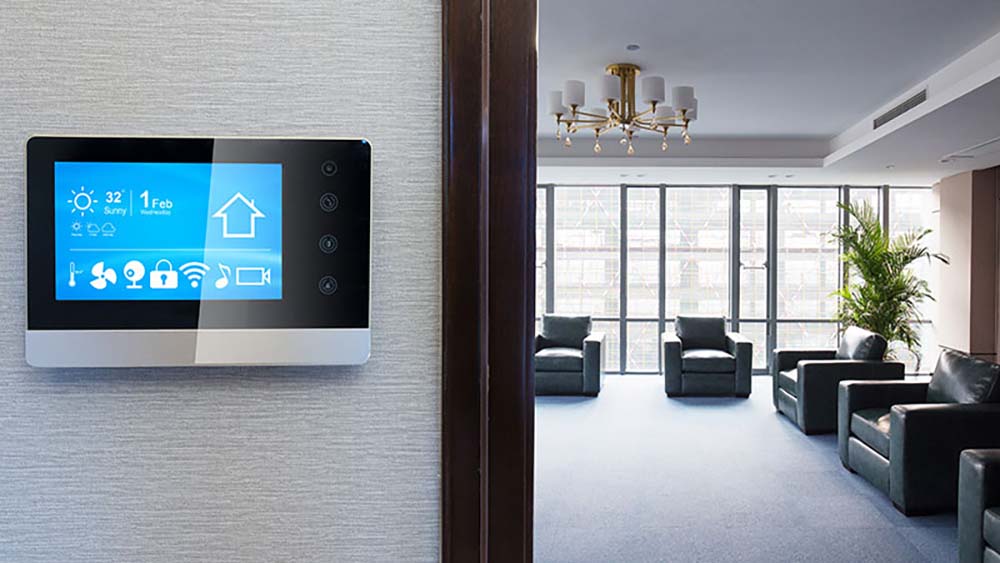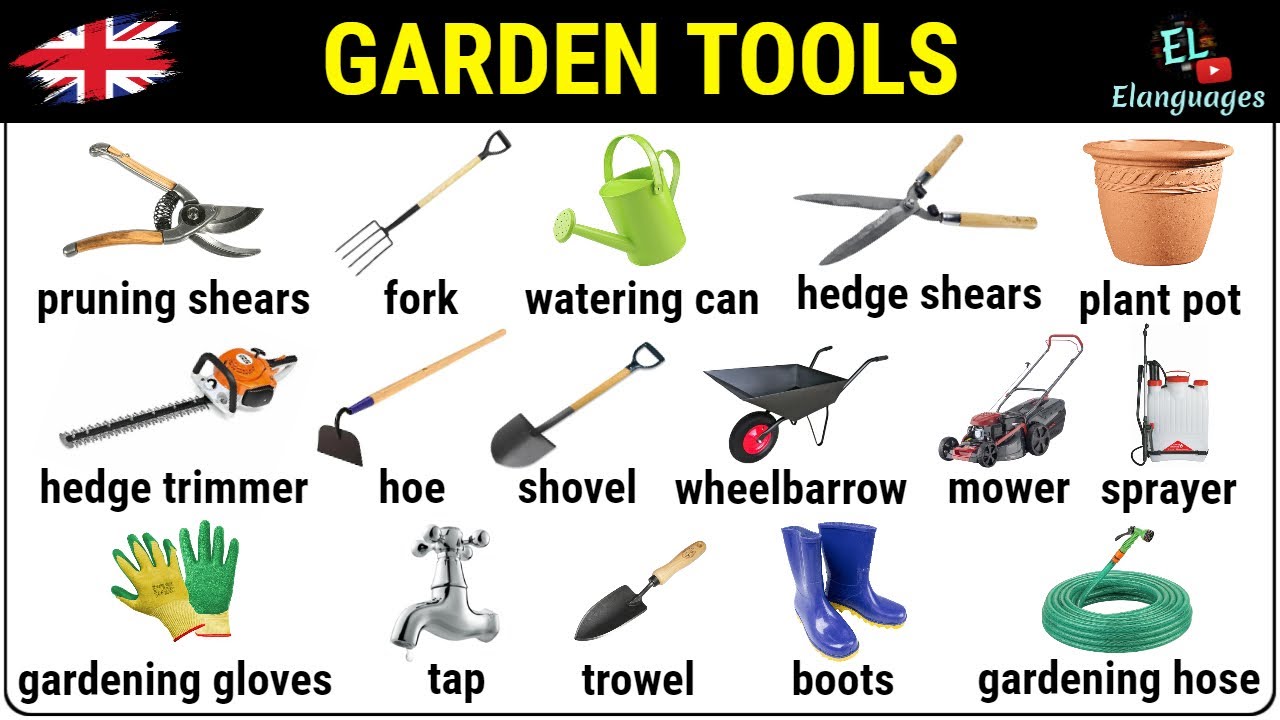Indoor climate control is crucial for maintaining optimal comfort and health in homes and commercial spaces. By regulating temperature, humidity, and air quality, you can create a pleasant and productive environment.
Key Factors for Indoor Climate Control
- Temperature:
- Thermostats: Use programmable thermostats to automate temperature control.
- Insulation: Proper insulation helps maintain temperature and reduce energy consumption.
- Heating and Cooling Systems: Ensure efficient operation of HVAC systems.
- Humidity:
- Humidifiers: Add moisture to dry air, especially during winter months.
- Dehumidifiers: Remove excess moisture from humid air, preventing mold and mildew growth.
- Ventilation: Proper ventilation can help regulate humidity levels.
- Air Quality:
- Air Purifiers: Remove pollutants, allergens, and odors from the air.
- Ventilation: Fresh air intake helps to dilute indoor pollutants.
- Regular Cleaning: Clean air filters and ducts to improve air quality.
Tips for Optimal Indoor Climate Control
- Regular Maintenance: Schedule regular maintenance for your HVAC system to ensure efficient operation.
- Seal Air Leaks: Seal any gaps or cracks in your home to prevent air leaks and energy loss.
- Use Energy-Efficient Appliances: Choose energy-efficient appliances to reduce energy consumption and improve indoor air quality.
- Monitor Indoor Air Quality: Use air quality monitors to track levels of pollutants and take corrective action.
- Plant Indoor Plants: Indoor plants can help improve air quality by absorbing pollutants.
By understanding these key factors and implementing effective strategies, you can create a comfortable, healthy, and energy-efficient indoor environment.



